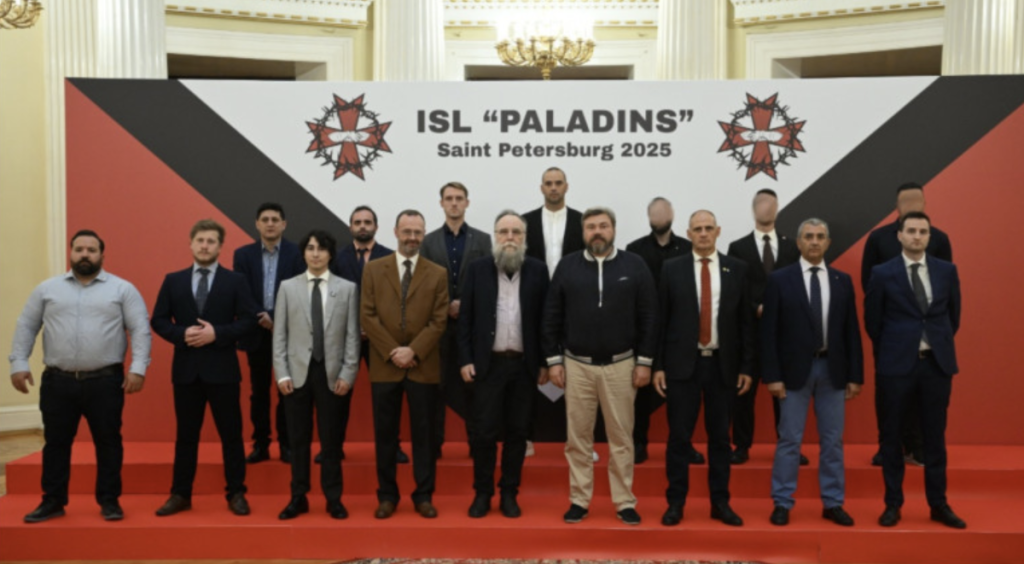An international congress bringing together neo-Nazi and far-right movements from several countries was held in September in St. Petersburg.
Others are reading now
The meeting took place inside the regional parliament building and was organized by Russian businessman Konstantin Malofeev, often called the “Orthodox oligarch.”
From Italy to Serbia
According to an investigation qouted by Digi24 the event led to the creation of the International Sovereign League “Paladins” and was attended by Kremlin ideologue Alexander Dugin.
Malofeev, a billionaire accused of fraud and cryptocurrency theft, has been linked to financing pro-Russian militants in Crimea and Donbas since 2014.
His earlier gatherings of far-right figures have now evolved into a platform for more radical participants.
This year’s congress drew neo-fascists from Italy and Brazil, members of Greece’s Golden Dawn, Serbian nationalists, and representatives of Germany’s Alternative for Germany (AfD) party.
Also read
Nationalist agendas
The meeting was preceded by a religious procession led by Patriarch Kirill of Moscow.
The march included members of Malofeev’s Tsargrad media network, the “Two-Headed Eagle” organization, patriotic student groups, and extremists from Hungary’s Youth Movement for the 64 Counties and Belgium’s far-right Nation Movement
. Both foreign groups are known for nationalist agendas seeking to reclaim lost territories and oppose liberal institutions.
Creation of the “Paladins” Alliance
At the end of the congress, delegates announced the formation of the International Sovereign League “Paladins,” also referred to in Russian as the “International Anti-Globalist League.”
The group declared that its mission was to defend “basic Christian values and traditions” while opposing immigrants, globalization, and what it called the “LGBT movement.”
Also read
The name “Paladins” draws inspiration from a group founded in the 1970s by former SS officer Otto Skorzeny.
His Paladin Group operated as a paramilitary organization involved in kidnappings, assassinations, and terrorist activities.
Uniting nationalist factions
The Russian initiative appears to evoke that same militant legacy, uniting nationalist factions under the banner of sovereignty and anti-globalism.
Malofeev later wrote on his Telegram channel that the event hosted more than 50 delegates representing 15 right-wing organizations across three continents. P
hotos from the event showed Russian Orthodox icons alongside nationalist symbols, highlighting the blend of religion and extremist politics that shaped the gathering.
Also read
Divisions Within Europe’s Far-Right
Despite its ambitions, the St. Petersburg meeting was not universally welcomed among European ultranationalists.
Several groups criticized Alexander Dugin’s speech for promoting “imperialist” ideas, claiming that his rhetoric, including statements such as “Poland is ours,” served Russia’s interests rather than genuine nationalism.
The Telegram channel Europa Revival called on Polish nationalists to boycott allied groups like Hungary’s HVIM and Spain’s Democracia Nacional at future rallies.
Meanwhile, the neo-Nazi brand Runic Storm released a list of participants, labeling them “pro-Russian” and accusing them of “pseudo-nationalism.”
According to The Insider, organizations from Russia, Greece, Italy, Spain, France, Belgium, Hungary, Serbia, South Africa, Argentina, Mexico, Brazil, the United Kingdom, and Germany sent representatives to the St. Petersburg congress


